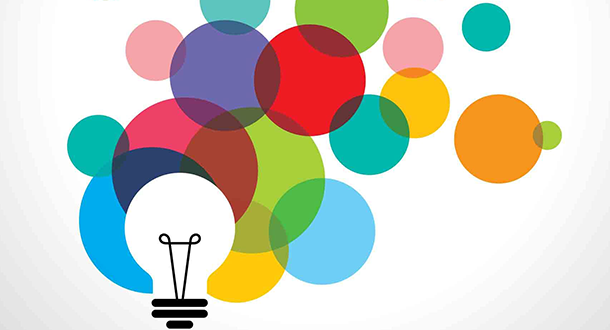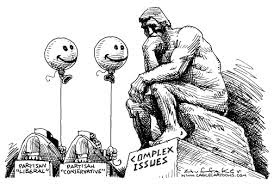A very democratic decline: troubles of liberalism and end of times
Democracy is being contested. It didn't take too long for history not to end. Thirty years tops and the democratic euphoria is all gone. It's no longer an export product - Chinese made authoritarianism trumped it completely! It's even having trouble on its home turf, in Britain, United States and, in its promissory version, in India. Theories abound where it went wrong, blaming bad men and globalization in equal measure. There is a cutely optimistic streak in some of this analysis, a kind of nostalgia for the lost times and a loveable leap of faith that the pretenders will all be exposed and democracy will triumph. Everything will be alright at the end; if it's not alright, it's not the end - as they say in Marigold Hotel! Indeed, that's cute and loveable and entirely wrong. Democracy ascended not as a gradual revelation of any ultimate truth nor as gift of the benevolent, but rather as a compromise between those who had too much vested in the disappearing a...






